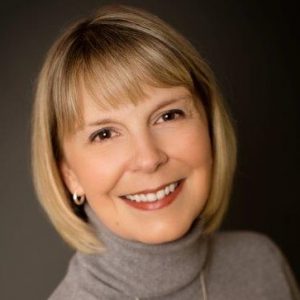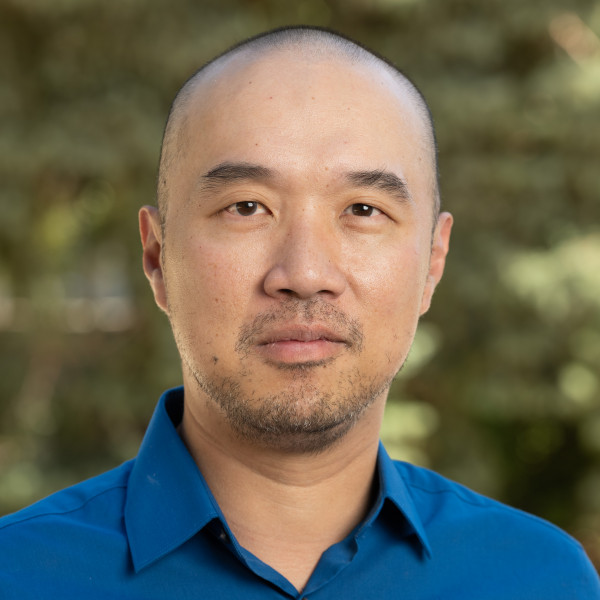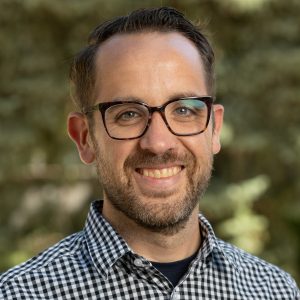Date/Time
Date(s) - April 2, 2024
1:00 pm - 2:00 pm
Location
LSC 312, Lory Student Center
Categories
A lot of the promise of social media has been about its democratizing power, allowing people who didn’t have a voice before with the traditional gatekeepers to have it on platforms like Facebook or Twitter. But social media have also been used as a force of repression in hybrid and authoritarian regimes. This panel will discuss the transformative influence of social media in shaping the future of democratic governance worldwide. The discussion will explore the opportunities and challenges that arise as we navigate the current social media landscape. There is a need for inclusivity and informed civic participation in understanding the role social media plays in shaping the trajectory of global democracy. The discussion will touch on critical topics such as misinformation, political censorship, AI, data privacy, and government regulation of social media.
Access the event virtually here.
See the full lineup of events here.
Presenters:
Karrin Vasby Anderson, Professor, Communication Studies, Colorado State University
 Karrin Vasby Anderson is professor of communication studies at Colorado State University, where she teaches courses in rhetoric, political communication, and gender and communication. Anderson studies the culture of politics and the politics of culture, examining the ways in which political identity is rhetorically constructed and contested in popular media. Her commentary on politics, gender, and visual culture has been published by The Conversation and Reading the Pictures, and she is consulted as a political communication expert by local, national, and international media outlets.
Karrin Vasby Anderson is professor of communication studies at Colorado State University, where she teaches courses in rhetoric, political communication, and gender and communication. Anderson studies the culture of politics and the politics of culture, examining the ways in which political identity is rhetorically constructed and contested in popular media. Her commentary on politics, gender, and visual culture has been published by The Conversation and Reading the Pictures, and she is consulted as a political communication expert by local, national, and international media outlets.
 Samuel M. Tham, Assistant Professor, Journalism and Media Communication, Colorado State University
Samuel M. Tham, Assistant Professor, Journalism and Media Communication, Colorado State University
Samuel M. Tham is an assistant professor of strategic communication and advertising in Journalism and Media Communication at Colorado State University. As a media psychologist, Tham’s research interests lie in the domain of digital advertising, ad avoidance, and problematic media use, especially in video gaming. He is interested in understanding processes of media engagement, and developing ethical advertising messaging for vulnerable populations that are susceptible to problematic media use. His published research looks at the intersection of digital advertising, problematic media use, and mental and social health.
 David Wolfgang, Associate Professor, Journalism and Media Communication, Colorado State University
David Wolfgang, Associate Professor, Journalism and Media Communication, Colorado State University
David Wolfgang is an associate professor in Journalism and Media Communication at Colorado State University. His research focuses on public discourse, political journalism, and media sociology. In particular, he studies how journalists promote the democratic norms of pluralism and public participation. Wolfgang is a former journalist and holds a law degree and Ph.D. from